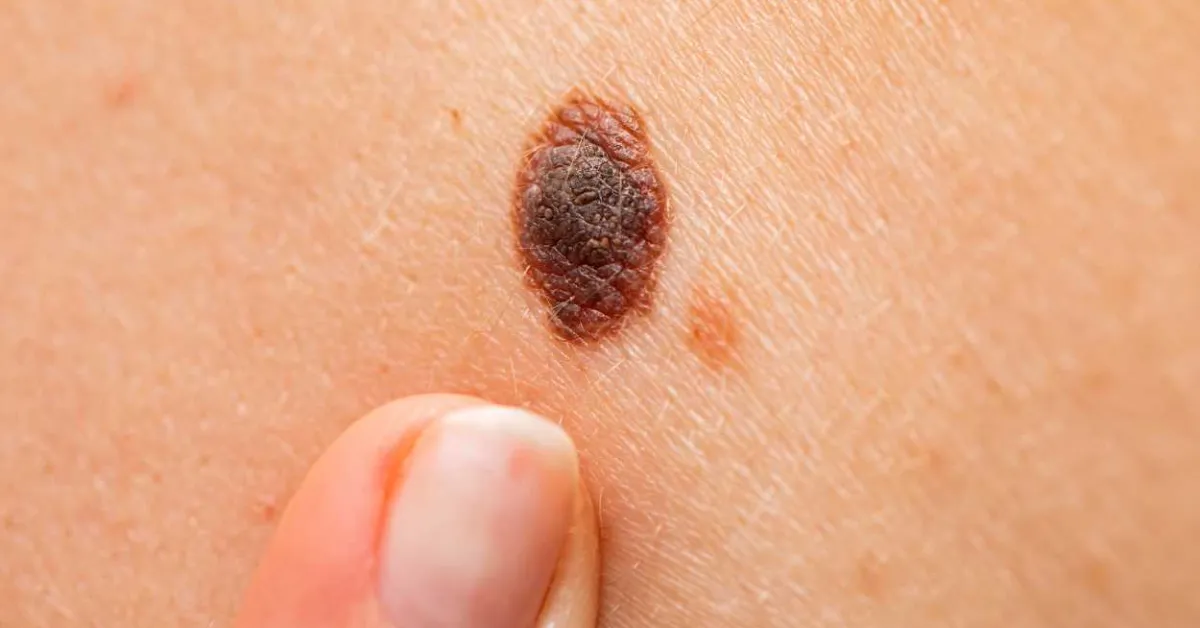Bristol Myers Squibb announced the Phase 3 RELATIVITY-098 trial evaluating Opdualag™ (nivolumab and relatlimab-rmbw) for the adjuvant treatment of patients with completely resected stage III-IV melanoma did not meet its primary endpoint of recurrence-free survival (RFS). The safety profile of Opdualag observed in this analysis was consistent with the known profiles of nivolumab and relatlimab.
“We are disappointed in the outcome of the RELATIVITY-098 trial and that LAG-3 inhibition in the adjuvant setting did not lead to the same improved efficacy outcomes seen in advanced melanoma,” said Jeffrey Walch, M.D., Ph.D., vice president, Opdualag global program lead, Bristol Myers Squibb. “Patients whose tumors are completely resected before treatment may not have sufficient antitumor T cells in place for Opdualag to have its maximal effect. However, Opdualag remains a standard of care in the first-line treatment of unresectable or metastatic melanoma, and we continue to explore its potential across tumor types, including in non-small cell lung cancer.”
In adjuvant melanoma, Opdivo® (nivolumab) remains a standard of care for adult and pediatric patients 12 years and older with completely resected Stage IIB, Stage IIC, Stage III, or Stage IV melanoma. Moreover, Opdivo QvantigTM (nivolumab + hyaluronidase-nvhy), was recently approved in the U.S. as a subcutaneous option for the adjuvant treatment of adult patients with completely resected Stage IIB, Stage IIC, Stage III, or Stage IV melanoma.
RELATIVITY-098 is a randomized Phase 3, double-blind study evaluating adjuvant immunotherapy with Opdualag, the fixed-dose combination of nivolumab and relatlimab, compared to Opdivo monotherapy after complete resection of stage III-IV melanoma. The primary endpoint of the trial is recurrence-free survival (RFS). Secondary endpoints include overall survival (OS), distant metastasis-free survival (DMFS), and safety.














